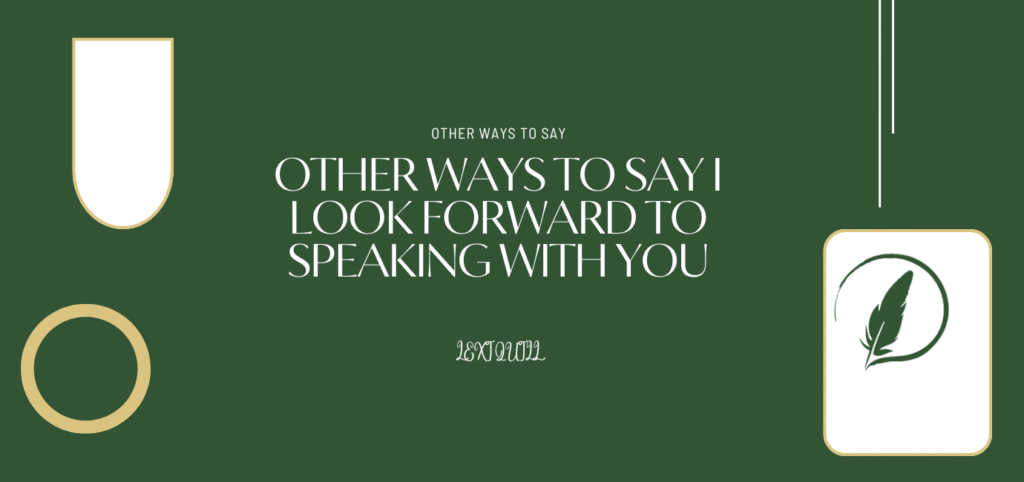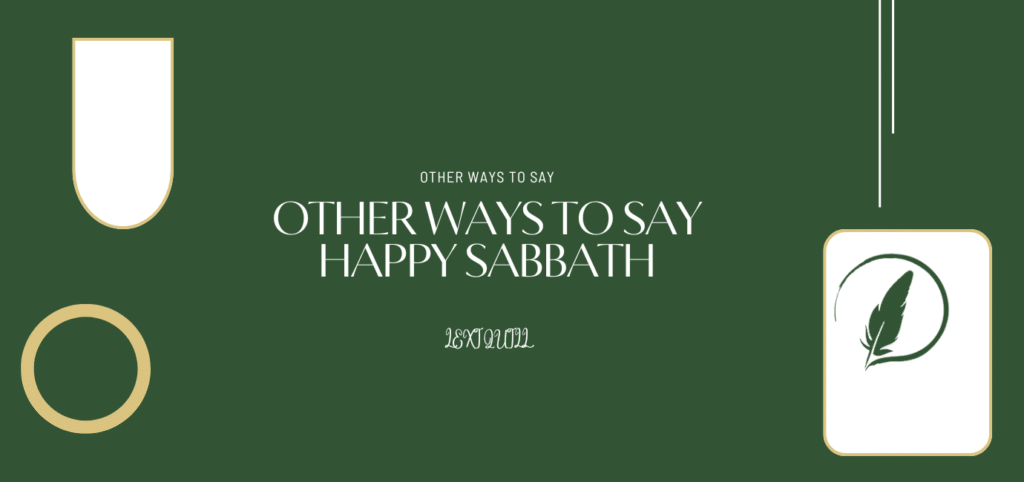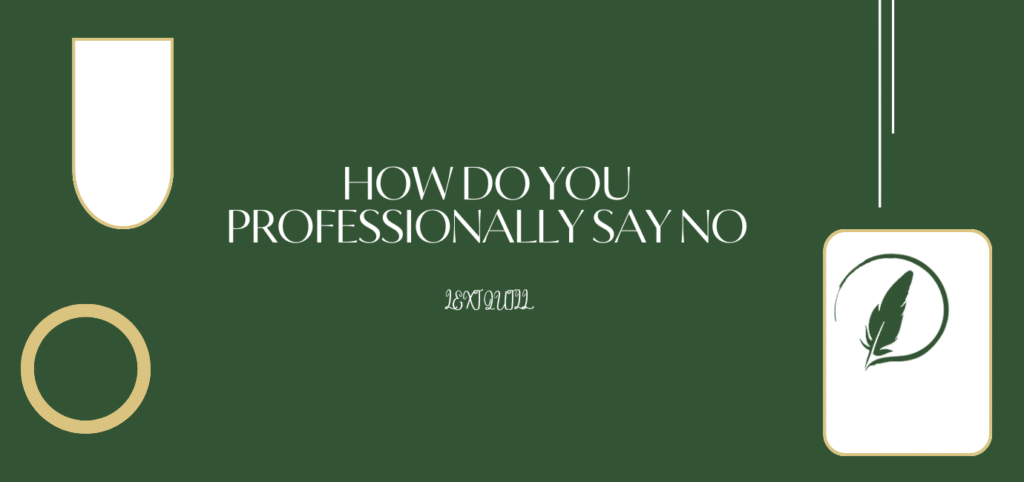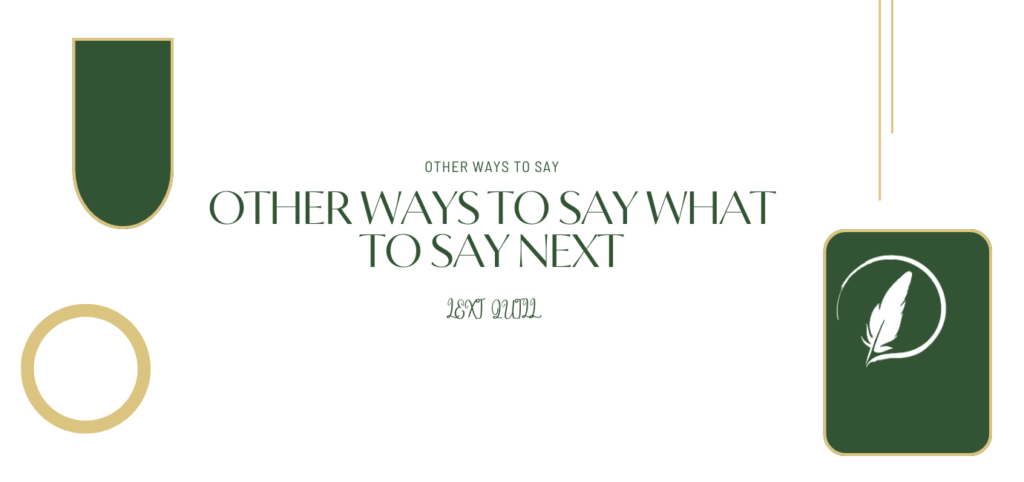In today’s fast-paced, high-performing professional environments, how we express ourselves can significantly impact how we’re perceived. Whether you’re managing a team, attending a meeting, or emailing a client, using professional language helps convey confidence, reliability, and emotional intelligence.
One everyday phrase that can feel too casual or vague in business settings is “I’m tired.” While it’s a completely valid feeling, saying this directly in a workplace context may come across as unproductive or even unprofessional if not communicated appropriately.
So, how do you professionally say “I’m tired”? This article explores several business-friendly and professional synonyms for “I’m tired” that you can use to maintain both credibility and authenticity in the workplace.
Why Replace “I’m Tired” with Professional Alternatives?
Professional communication isn’t about masking honesty; it’s about expressing yourself clearly, respectfully, and effectively. Saying “I’m tired” may not always convey the nuance of what you’re experiencing whether it’s mental fatigue, physical exhaustion, or burnout. By choosing more precise and polished phrases, you show emotional awareness and professionalism while still honoring your needs and limits.
1. “I’m Feeling a Bit Drained” – A Polished Yet Honest Option
Nuance and Meaning:
This phrase acknowledges fatigue without sounding like you’re disengaged or overwhelmed. It’s softer and more tactful than directly saying “I’m tired,” making it ideal for situations where you need to express your energy level while maintaining professionalism.
When to Use:
Use this in internal conversations, one-on-ones with your manager, or even in team check-ins when you want to subtly express that your energy is low.
Example:
“I’m feeling a bit drained after the back-to-back meetings. Would it be possible to revisit this tomorrow with a fresh perspective?”
Business synonyms: Feeling depleted, low energy.
2. “I’m Experiencing Some Fatigue” – Formal and Medical-Informed
Nuance and Meaning:
This option is more formal and sounds thoughtful, even clinical. It removes the emotion from the phrase and focuses on the physical or mental state objectively.
When to Use:
Ideal in written communication like emails or HR updates, particularly when addressing well-being or needing accommodation.
Example:
“I’m experiencing some fatigue today, so I may need to adjust my workload slightly.”
Professional synonyms: Mental fatigue, energy decline, cognitive load.
3. “I’m Running Low on Energy” – Conversational Yet Professional
Nuance and Meaning:
This is a direct but still polished alternative to “I’m tired.” It subtly communicates that you may not be at your peak without appearing unmotivated.
When to Use:
Appropriate for team meetings, quick catch-ups, or informal Slack messages among colleagues.
Example:
“I’m running low on energy this afternoon. Can we move this brainstorming session to tomorrow morning?”
Related terms: Energy dip, performance drop.
4. “I Could Use a Short Break to Recharge” – Proactive and Solution-Oriented
Nuance and Meaning:
Rather than focusing on the problem (tiredness), this phrase proposes a proactive solution. It shows you’re aware of your limits and know how to reset effectively.
When to Use:
Use this during long work sessions, Zoom calls, or even in daily standups to communicate your need for a break professionally.
Example:
“I could use a short break to recharge. Would you mind if we paused for 10 minutes before continuing?”
Business synonym: Recharge, refresh.
5. “I’m Mentally Exhausted After That Task” – Specific and Honest
Nuance and Meaning:
This phrase provides specificity and frames your fatigue in the context of cognitive load. It avoids sounding like a general complaint and adds professionalism through context.
When to Use:
Useful after complex problem-solving, intense meetings, or extended focus periods.
Example:
“That strategic planning session was intense. I’m feeling mentally exhausted and might need some time to regroup.”
Professional synonyms: Cognitive fatigue, task overload.
6. “I’m Feeling Overextended Today” – Ideal for Polite Boundary Setting
Nuance and Meaning:
This phrasing expresses tiredness in terms of workload rather than energy, making it ideal when setting boundaries. It conveys respect for others while signaling your current limits.
When to Use:
In emails to managers or colleagues when declining additional tasks or setting realistic expectations.
Example:
“I’m feeling a bit overextended today. Can we shift our meeting to later this week?”
Related terms: Capacity limits, workload fatigue.
7. “I Need to Step Away and Reset” – Professional and Assertive
Nuance and Meaning:
This version combines self-awareness and assertiveness. It communicates a clear boundary while showing that you’re being proactive about maintaining performance.
When to Use:
Appropriate during long work sessions, when taking PTO, or signaling burnout risk.
Example:
“I’ve been pushing pretty hard lately. I need to step away and reset to return with full focus.”
Business synonym: Reset, pause, recalibrate.
Why Professional Language for “I’m Tired” Really Matters
Using professional synonyms for “I’m tired” allows you to:
- Protect your credibility in fast-paced work environments.
- Maintain strong communication with team members and leadership.
- Set healthy boundaries without appearing unmotivated or disengaged.
- Foster a workplace culture of awareness, empathy, and respect.
Especially for new professionals and students entering the workforce, refining how you express personal limits can play a big role in how others perceive your maturity and reliability.
Conclusion:
Whether you’re leading a team, participating in a project, or navigating a demanding academic schedule, how you communicate fatigue matters. Instead of defaulting to “I’m tired,” choosing professional alternatives like “I’m running low on energy” or “I could use a break to recharge” can help you maintain credibility, foster empathy, and promote better workplace communication.
So, next time you’re feeling worn out, consider how you can express it in a way that aligns with your goals and environment. Start incorporating these alternatives into your daily interactions and watch your professional presence rise.








